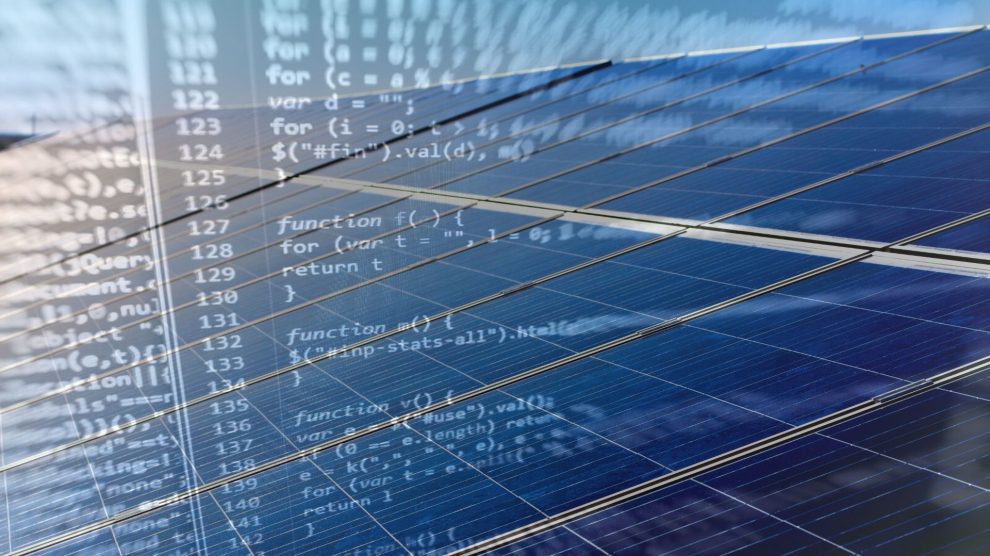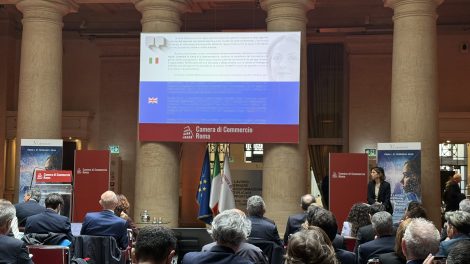From bad to worse? Renewable energy provides a solution to both the need to meet climate change commitments and to reduce dependence on Russian fossil fuels – a geopolitical priority stemming from Moscow’s war in Ukraine. However, replacing Russian gas with renewables manufactured with Chinese components entails security risks.
- That’s the bottom line of a new report by the Rome-based Digital Economy Centre (Centro Economia Digitale), unpacked in this article.
The upstream choke point. High-tech renewable solutions capable of reducing carbon emissions are strongly dependent on access to critical raw materials. For instance, rare earth minerals – which are mainly imported from China – are an essential component of photovoltaic modules.
The issue with inverters. The same risk of dependency on China is true for inverters, which are critical in allowing the energy generated by solar panels to be converted into electricity. Also, they connect to national electricity grids, and transmit and receive data – including sensitive data on how national consumption is distributed.
- That makes inverters a potential cyber-attack target, according to ENISA, the European Union Agency for Cybersecurity. They can also act as a “bridge” for malicious incursions into smart grids, a practice that resulted in wide-ranging blackouts or disrupting grid balances in the past.
- Also, world countries depend almost completely on China for the supply of photovoltaic inverters, at least until 2025, according to the International Energy Agency.
A visible issue. The global solar PV market is dominated by Asian companies, with the majority of EU imports coming from fewer than three countries. China accounts for 63% of EU imports, according to the European Commission report on Europe’s Strategic Dependencies.
- Solar is set to have a leading role in the production of clean energy, with the EU commission predicting that EU solar energy production will triple by 2030 and increase almost tenfold by 2050, to meet European climate targets.
The solution: experts believe Europe should diversify its supply chains and consequently reduce structural dependencies from less trustworthy international partners. They could take a leaf from the United States, where a bipartisan group of 11 senators proposed banning inverters manufactured by China’s Huawei, dubbing the products a “national security threat” to the nation’s energy infrastructure.
- Shifting the supply chain to partners in the EU is desirable but comes at a premium, as photovoltaic inverters are cheaper to produce and import from China. However, remark the experts, the potential economic savings must be balanced with security considerations.





